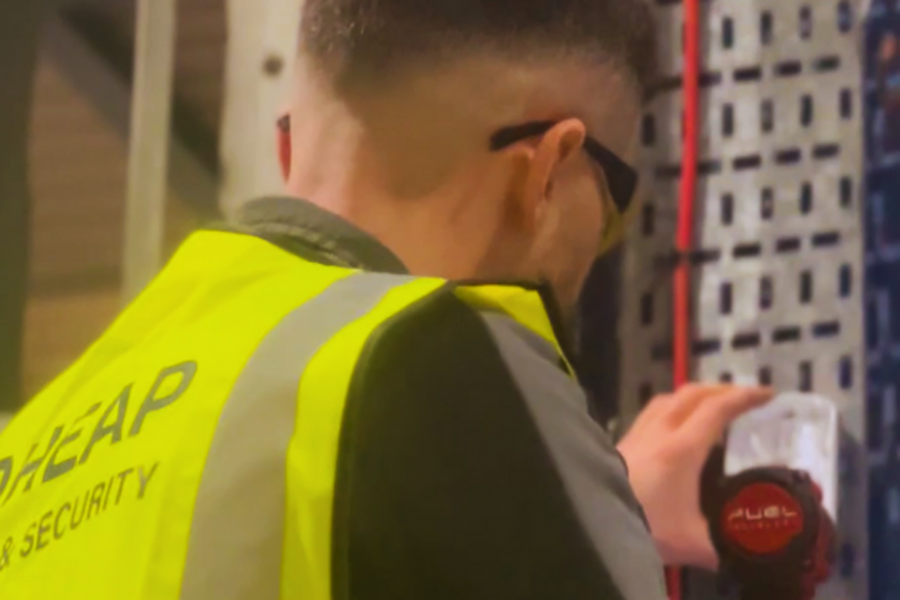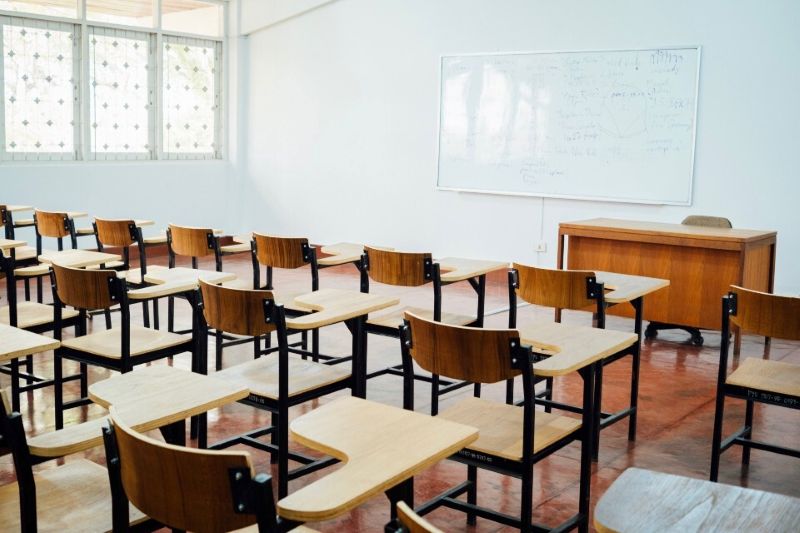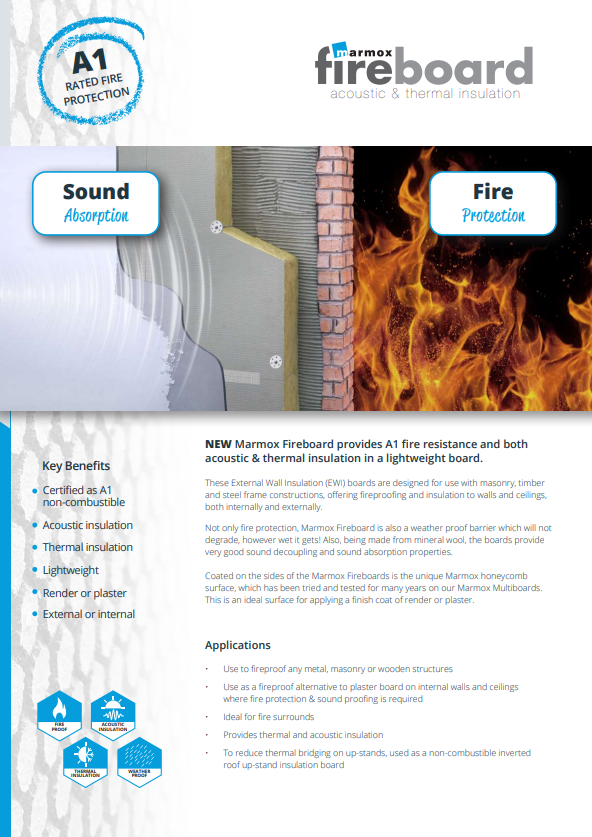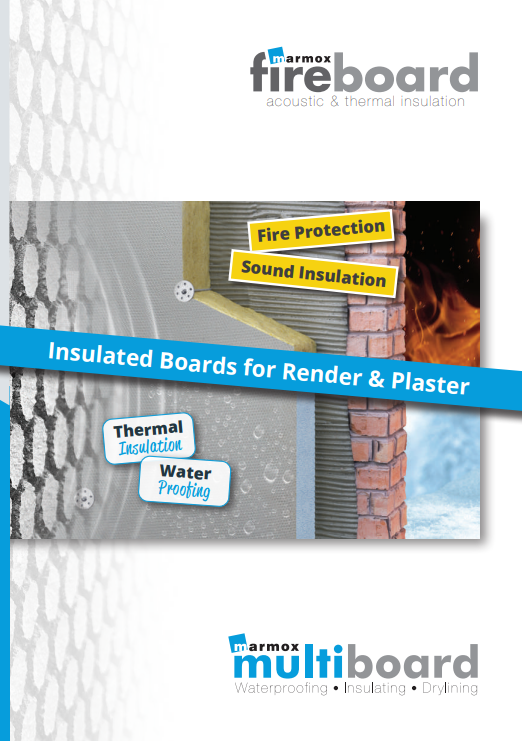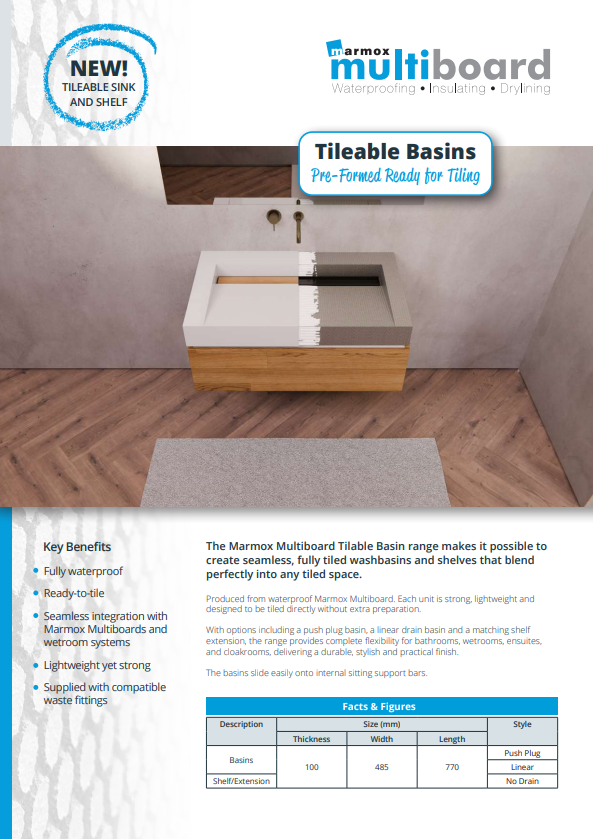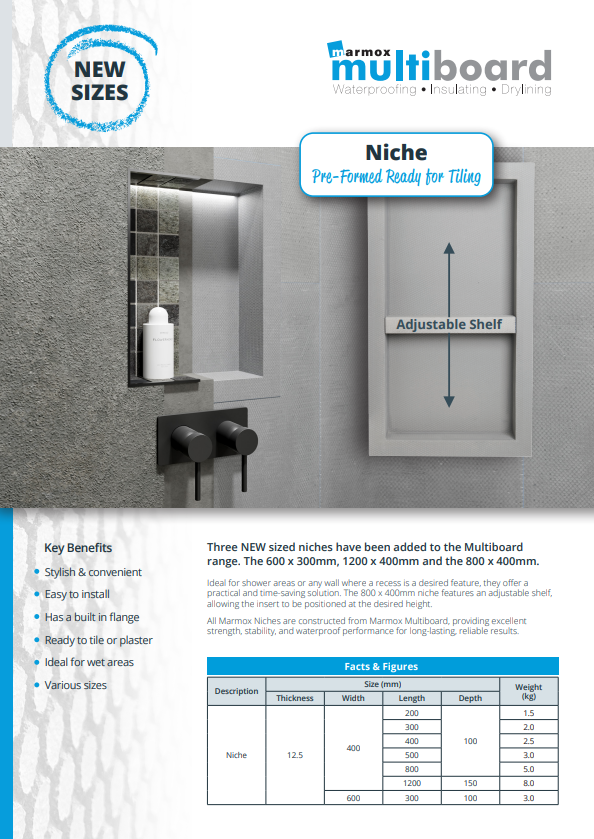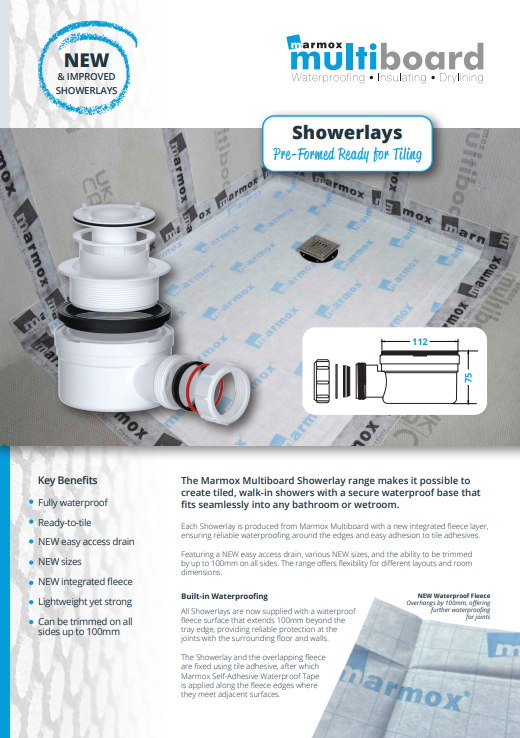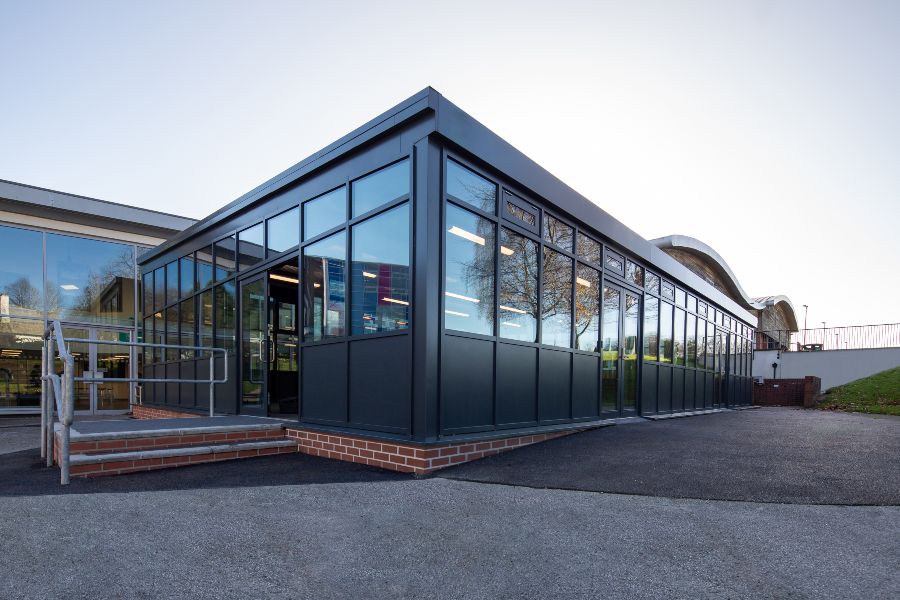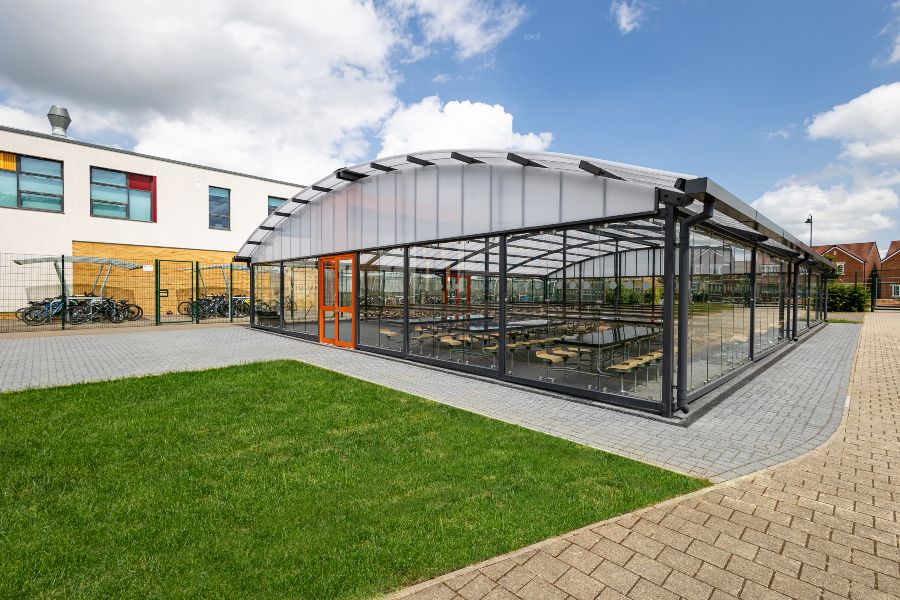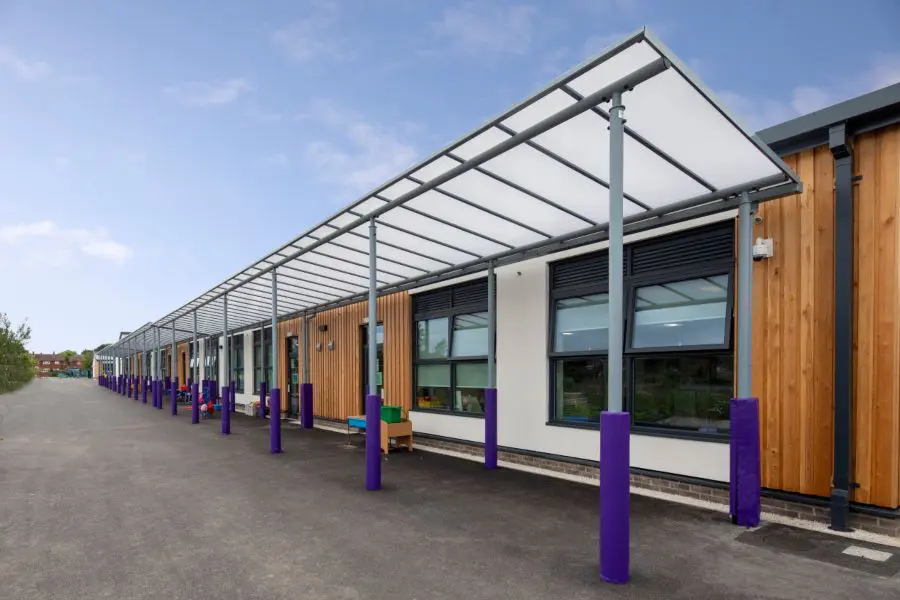Healthcare facilities such as care homes, hospitals and private clinics are working tirelessly to manage the spread of COVID-19 within their facilities and keep their staff and patients safe. The virus has already affected elderly patients in care homes in Italy, and there are increasing fears that UK will be the next in tow.
The situation is not only critical for patients, but for the healthcare staff as well. Absence levels are growing, and according to the National Care Association, some care homes reported that about one fifth of their staff are already sick.
These issues are driving the need for a technology that will help healthcare facilities to battle and beat the coronavirus. This crisis also highlights the need for a better healthcare safety and security technologies that will avoid the spread of the viruses happening in the first place. One of these technologies is long-range RFID system.
What is Long-Range RFID System?
Radio Frequency Identification (RFID) utilises electromagnetic fields to automatically identify and track various objects. Most RFID systems include a microchip with an antenna (tag), a reader with an antenna and an access control server.
While systems like proximity readers or barcode scanners require you to hold the badge or ID card close to the reader, an RFID system can be read from farther distances. For example, Nedap’s uPASS Access Reader detects badges at distances of up to 2 metres.
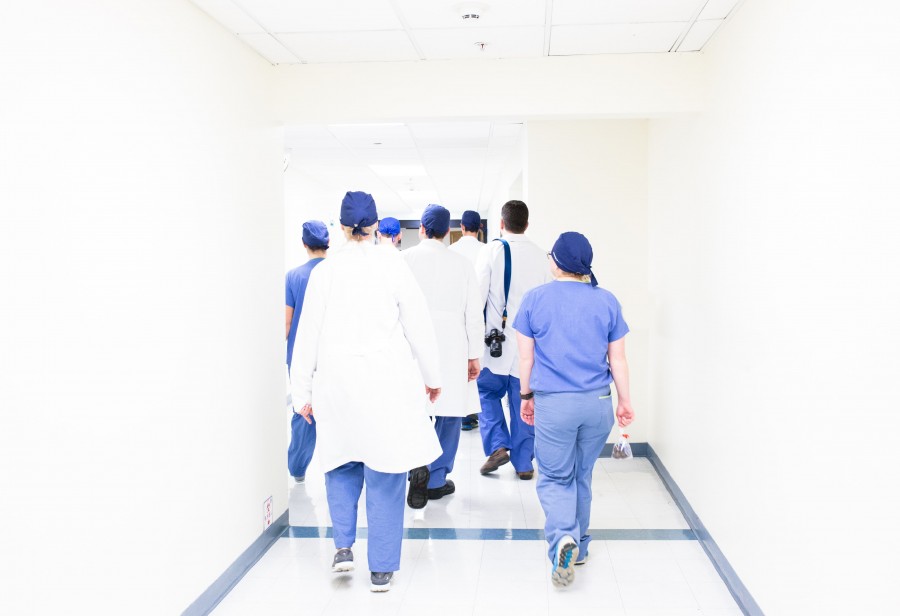
What Are the Benefits of Long-Range RFID in the Healthcare Sector?
Value offered by long-range access solutions goes beyond security and safety. The right solution can not only help to minimise health risks for patients and medical staff, but also improve workflow and efficiency, as well as having enough data on hand in cases of crisis. Here’s exactly why long-range RFID system is beneficial for healthcare facilities…
- Reducing the Spread of Viruses
- Easier and Faster Access
- Providing an Integrative Approach to Security
- Increase Security and Avoid Theft
- Proactively Manage the Flow of Staff Members in Your Facility
Most viruses spread from person to person through droplets that float around when someone coughs or sneezes. These tiny droplets can then transition through the air from sick person to other people nearby. But there is also other, less direct way people get infected. Germs can also be passed on when people touch surfaces like door knobs, pin pads and other people’s access cards or badges.
This is even more dangerous, as viruses can live for over 24 hours on plastic and metal surfaces, so it only takes one carrier or one infected person to potentially spread the virus to everyone who enters through the door. Hence, the busier the facility, the higher the risk. The right access control solution can help minimise this risk and help protect both medical staff and patients.
For medical staff, every minute counts and it should not be wasted on trying to access the building by searching for a badge, a card or trying to enter a PIN. A long-range electronic ID badge allows authorised member of staff to access secured areas within the premises without the need to use their hands to present the card to a reader, enabling them to push trolleys, wheelchairs, or to carry equipment.
Long-range RFID is a complete people and vehicle solution. This technology is an ideal solution for vehicle access control, granting access to approaching vehicles automatically without the need of a manned gate, ticket stations, or pin pads normally through a long-range UHF reader. This means that members of staff can now go from their doorstep to the hospital room they are required in without having to touch surfaces in order to access the car park and the building – all with the help of one card. A building access card goes into a special holder in the car, allowing seamless vehicle access into the premises.
In the face of COVID-19 crisis, theft is another issue that hospitals and other healthcare facilities have to deal with. There have been cases of masks, medical equipment and other supplies being stolen from the hospitals. A modern access control solution can help healthcare facilities to avoid these situations, by keeping all the supplies locked in the storage room with access granted only for approved staff members.
An efficient access control solution can enable hospitals and care homes to track and monitor specific hospital staff, nurses, and patients with the help of access control software. This software offers a real-time data relevant to each staff member or patient, that is stored and archived to be used later on in reports. Therefore, managers have all the data on key staff members and their movements within the building.
In the case of unusual event or crisis, a surveillance system that is connected to the readers, can notify access control system to lock or unlock certain doors, or revoke access to particular people in case if their badge was stolen.
All in all, long-range RFID technology is a powerful tool going forward. It offers benefits that go beyond safety and security, and enables healthcare facilities to manage medical equipment, improve workflow, monitor environmental conditions, and protect patients, staff and visitors from infection or other crisis. If you are interested in learning more about long-range access control, contact our team now.








